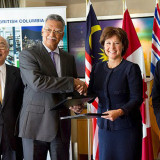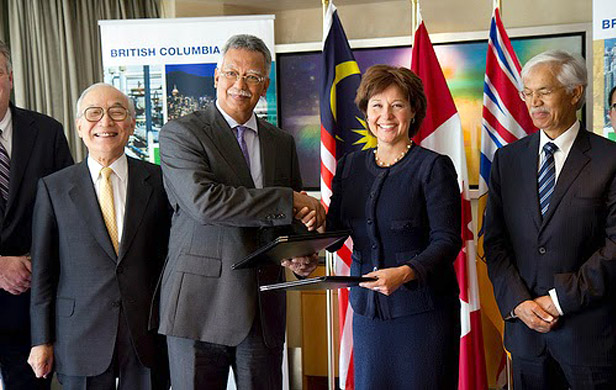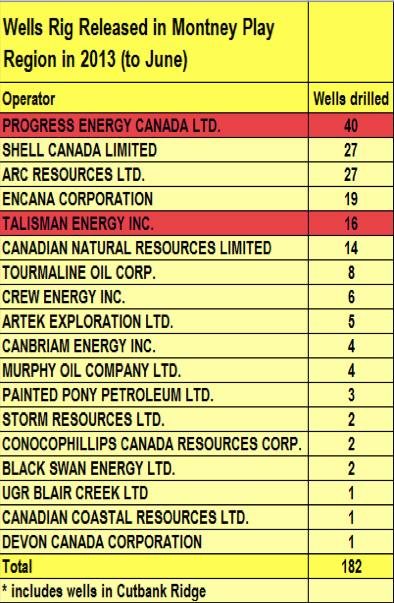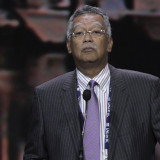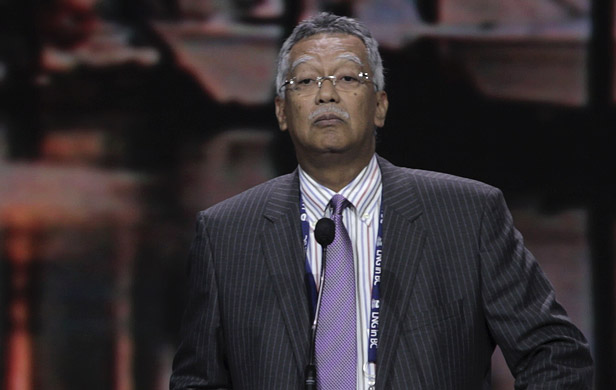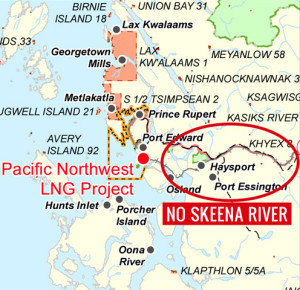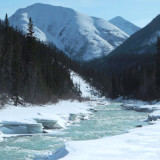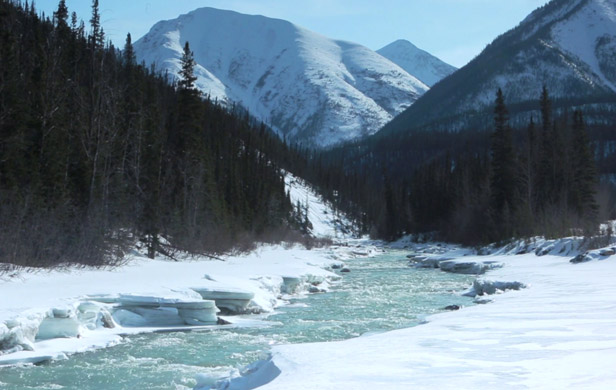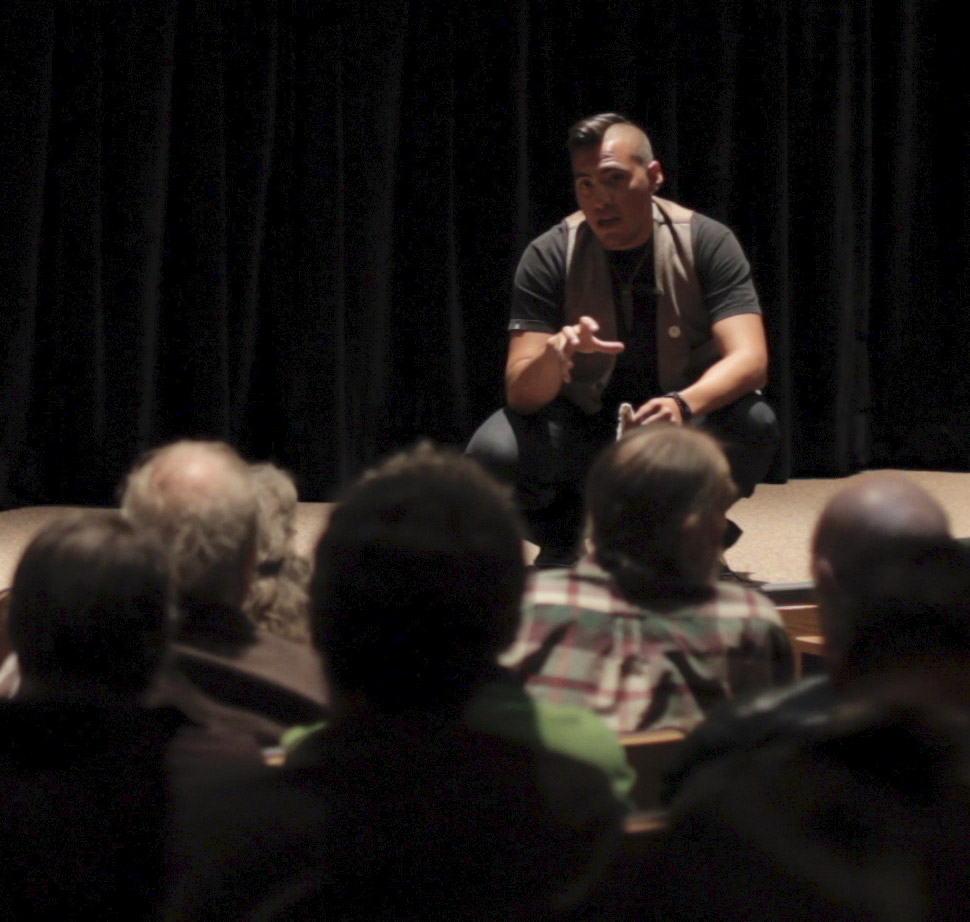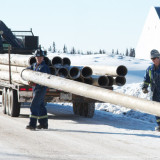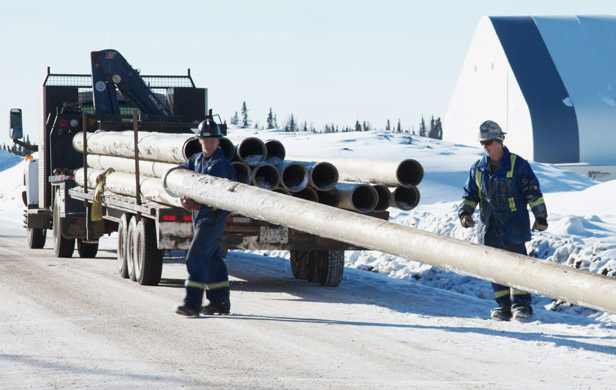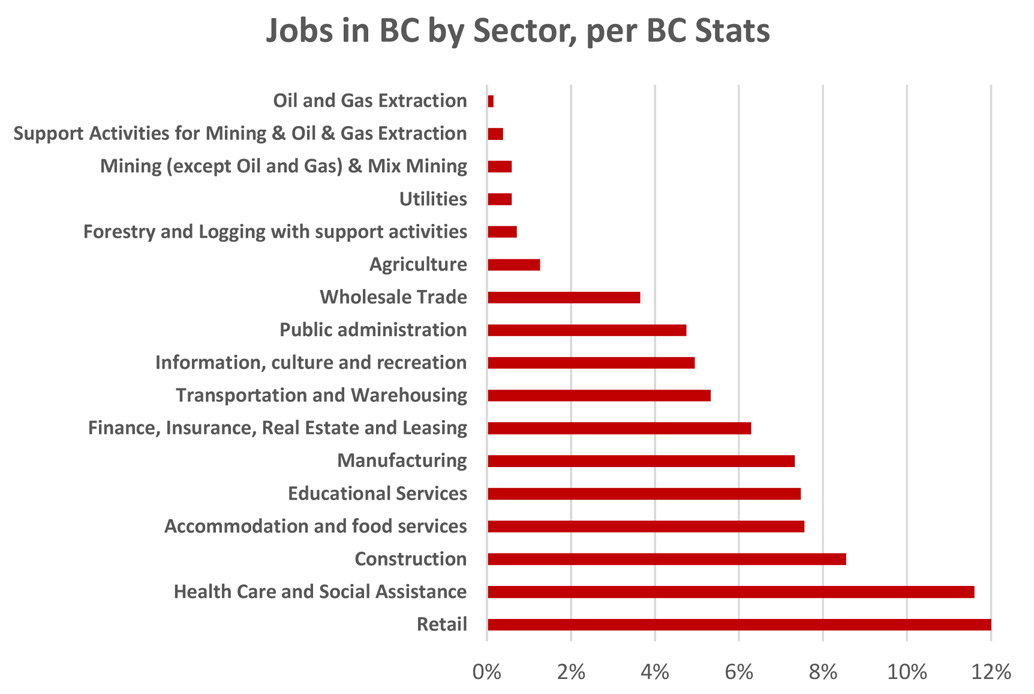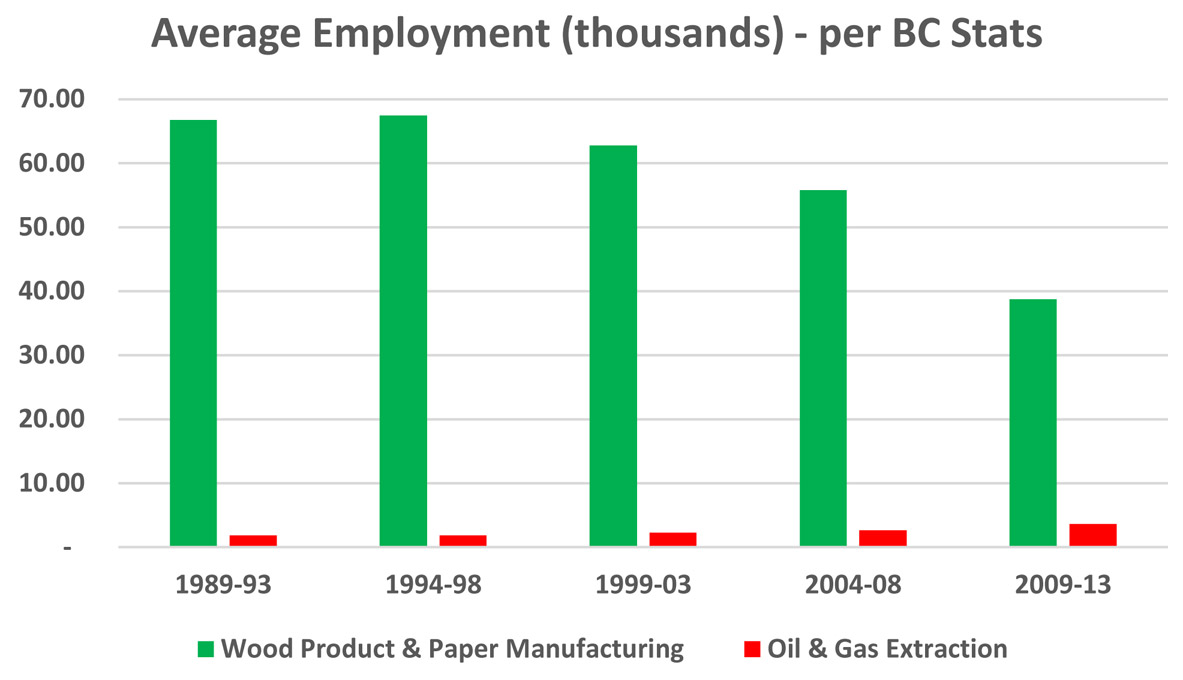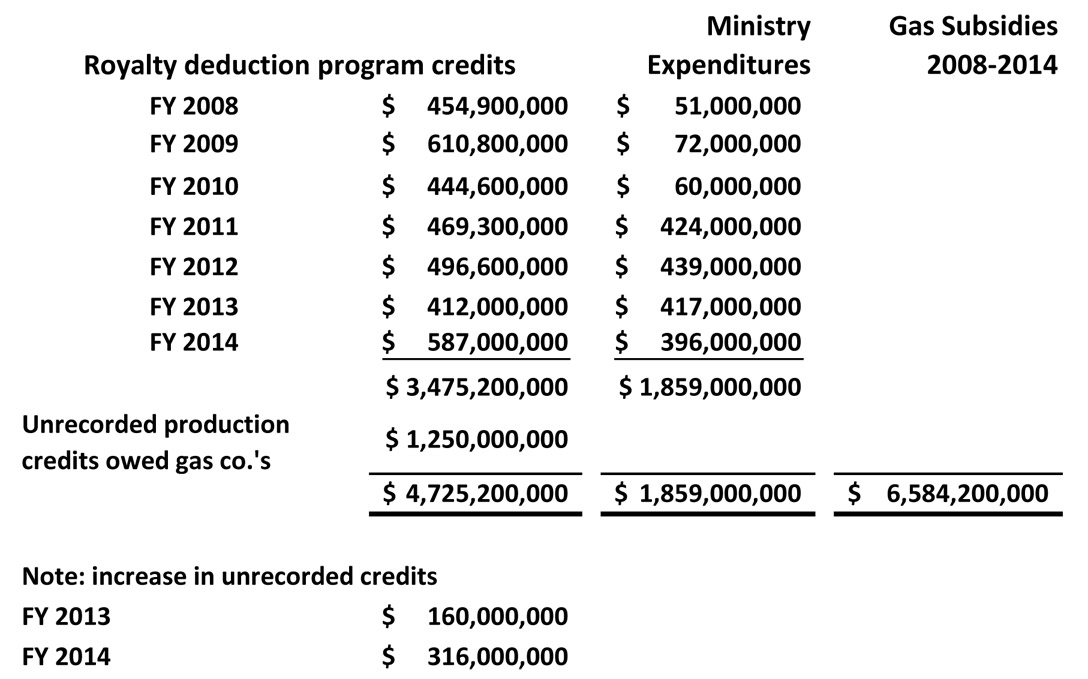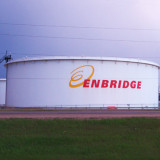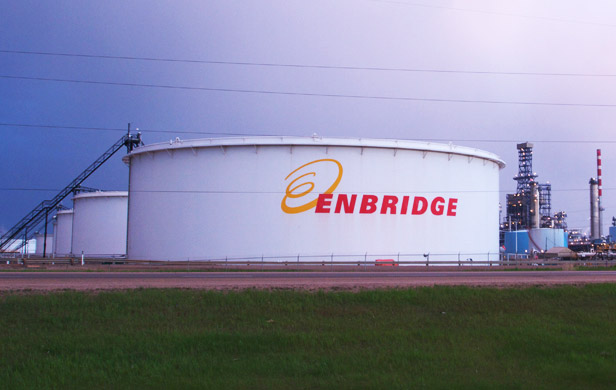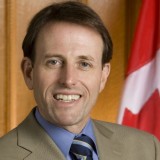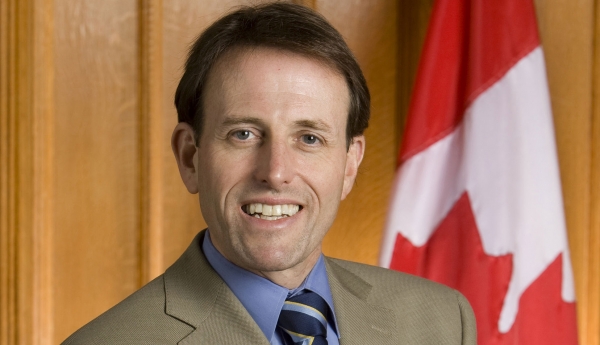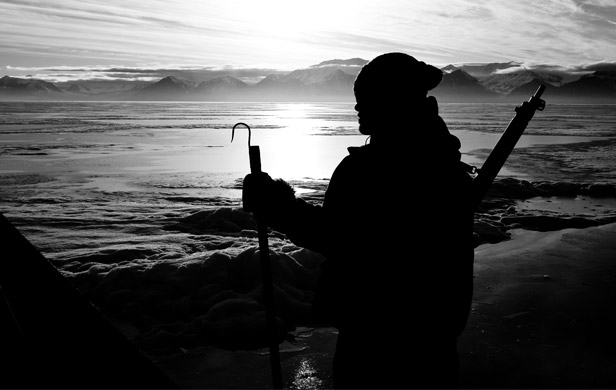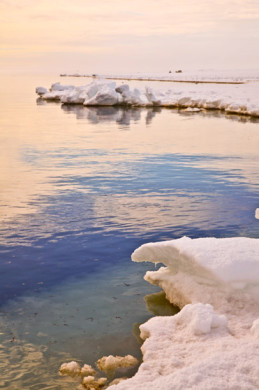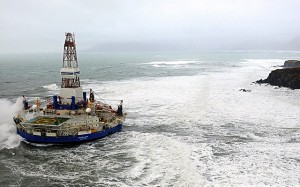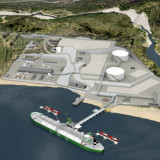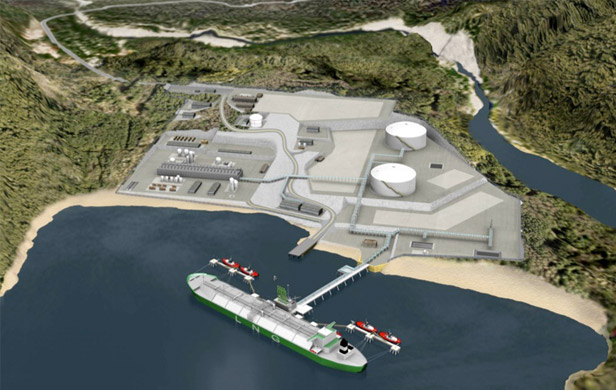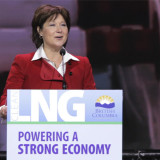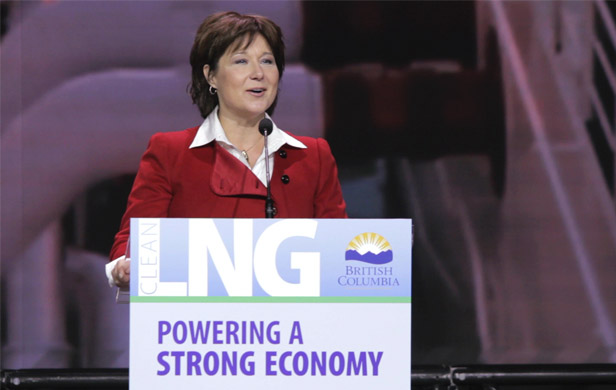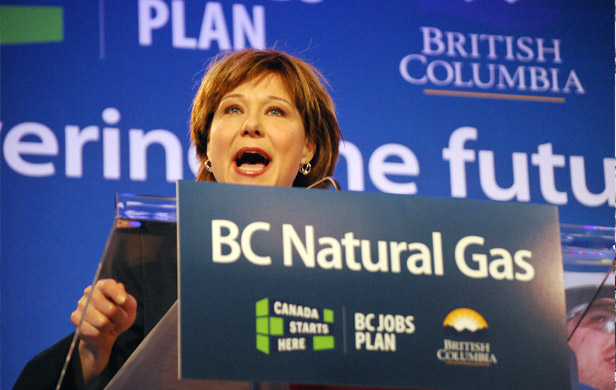
Many long years ago, when I was in first year Law, we learned a case called the Carbolic Smoke Ball case. This involved a patent medicine and great claims were made for its virtues. There was a lawsuit because a user of this patent medicine was not satisfied with the result, which he said was nil. This was apropos in those days, since in B.C. we were constantly exhorted to buy Dodds Kidney Pills, which had nothing to do with kidneys, and Carter’s Little Liver Pills, which had dick-all to do with livers.
The court drew the distinction between statements by advertisers to be taken seriously and what it called “mere puffery”.
I got to thinking about this in political terms. Obviously politicians, the more so the closer they get to an election, indulge in a lot of “mere puffery”. They also make statements which are intended to be taken seriously. The trick is, which is which?
The fib that won the election
Clearly the statements made by Premier Clark prior to the last election about the so-called “Prosperity Fund” and LNG plants galore were well beyond “mere puffery”. She got very specific and not only were we to have all our debts paid off but the fund itself would hold $100 billion, later reduced to simply billions of dollars and now, I understand, $1 billion.
Needless to say, all of these figures were preposterous, no matter how successful the premier’s LNG undertakings were.
We were also to have an LNG plant in place by 2015.
I think one can argue that the election was won on these promises, along with the vague promise that business would be good under the Liberals and bad under the NDP. The premier engaged Brad Bennett – son of and grandson of – to help her spread this message and she snatched victory from the jaws of defeat by so doing.
The LNG mystery
There is nothing wrong, and a lot right, with a government having a policy. This policy, however, must be clearly spelled out so that the public can follow its progress. I must say that the policy of LNG plants is something I have long had great doubts about, however I am not the government and I am not making the policy.
Apart from the fact that any LNG policy is opposed by a great many, including myself, on environmental grounds, it’s main sin is that nobody knows what it is. This uncertainty has been compounded not only by the mythical Prosperity Fund but the mysterious process, if there is one, by which LNG projects will come to British Columbia.
Petronas and that pesky “red tape”
The latest debacle with Petronas, the Malaysian energy giant, simply proves the point.
Petronas seems to make it clear that it cannot live with the terms proposed by the BC government, especially its proposed 7% tax. This objection was made very publicly by the CEO, Mr. Abbas, leaving in the minds of most of us no doubt but that the company was on the brink of pulling out. Moreover, Mr. Abbas made it abundantly clear that Petronas was not interested in any environmental regulations whatsoever. (Industry usually refers to such regulations as “red tape”.)
This event was shunted aside by the premier and her minister, saying that Petronas was merely negotiating in public, that all was well, and that in no time the government and Petronas would be holding a celebration.
[signoff3]
In reading the statement by Petronas’ CEO, I was struck by the objection to environmental regulations and my thoughts raced to the Mount Polley Mine disaster.
To large companies,”red tape” means regulations that make them behave themselves. This raises the question as to whether or not the province was being called upon to allow Petronas to do as it pleased, meaning that we could look forward to the kind of disaster we saw with Mount Polley.
Lessons from Mount Polley
In that case, we now know that there were known problems with the burst dam for years before the tragedy and that nothing was done. Nothing was done by the company but more importantly by the British Columbia Ministry of Mines. That they had power to do something is clear – that they failed to do so is likewise clear. Even, it seems, regulations in place don’t prevent governments on the take from industry from ignoring them.
Are we being played?
What this all raises is the question, “just what the hell is going on?” Surely the public is entitled to know what the terms are for LNG plants coming to British Columbia – not just the financial terms but the environmental terms as well. Are we expected to forego environmental protections? What are the taxes that Petronas and others will be expected to pay? Is the 7% tax a fixed tax? What value does it offer if they can deduct their tens of billions of dollars in plant and pipeline costs before paying out a penny to taxpayers? Is such a tax in accordance with industry norms? If not, what is? Are we in fact being whipsawed by Petronas and others as they play off Australia, the United States and British Columbia against one another?
The “F” word
I hate to raise this but there is an elephant in the room that no one seems to want to acknowledge. It is called fracking – the controversial method of gas extraction that would supply the feedstock for BC LNG.
We have embarked upon fracking in British Columbia as an accepted policy with a minimal amount of investigation. Industry and the government choose to ignore that it is an extremely dangerous practice under the best of circumstances and that the damage done and the costs incurred vastly outweigh any of the benefits to be derived. As we read about government negotiations, the word fracking never seems to appear.
Such as we know them, the facts of the Christy Clark LNG policy would indicate that the government are, at best, bumblers in a game where the other side is used to winning and has all latest tricks up its sleeve.
In other words, in the government of British Columbia, the premier and her ministers are in this huge and complicated business way over their heads.


